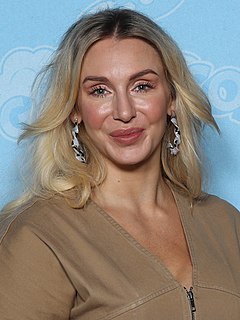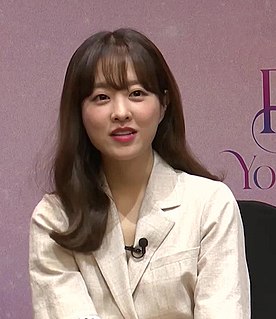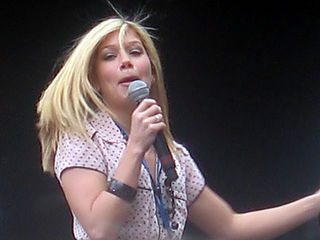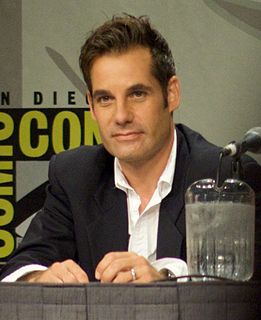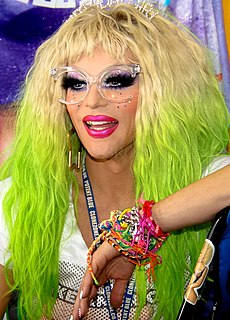A Quote by Sarah Silverman
People say I'm a nice girl saying terrible things. I tend to say the opposite of what I think. You hope that the absolute power of that transcends, and reaches the audience.
Related Quotes
I really like when critics reveal their subjectivity and their humanity. I prefer it when people say nice things, but if they say not-nice things or things that are critical, I'm open to it and I accept it. I mean, I have to live with it. But I do think there's a dishonesty in not acknowledging that you're a person with an opinion. I think it's almost like a power grab.
The mistakes (of leaders) are amplified by the numbers who follow them without question. Charismatic leaders tend to build up followings, power structures and these power structures tend to be taken over by people who are corruptible. I don't think that the old saw about 'power corrupts and absolute power corrupts absolutely' is accurate: I think power attracts the corruptible.
People say to me, Oh, it's so wonderful that you're writing about real things, and that it's a political thing to do, and I say, look-to be in my position and not say anything is a hell of a political thing. You need to think politically, otherwise you'll be one of these people who says, Oh, this person's saying this and that person's saying that, and I'm confused. And I say, yeah, because you want to be confused.
The thing is, when you put a button in someone's hand and give them the power of yes or no, no is a shorter word. People just say no. The power lies in who can say no the most. But, real power, though, lies in the opportunity to say yes. I think people ultimately realize that, but not when they're in the spotlight.
I don't think we need a critic to negotiate with the audience. People say, "Who are you writing for?" I'm writing for myself but my audience is anybody who knows how to read. I think a story should engage anybody who knows how to read. And I hope that my stories do, maybe on a different level for more sophisticated readers than, say, a high school kid, but still a story has got to grab you. That's why we read it.



